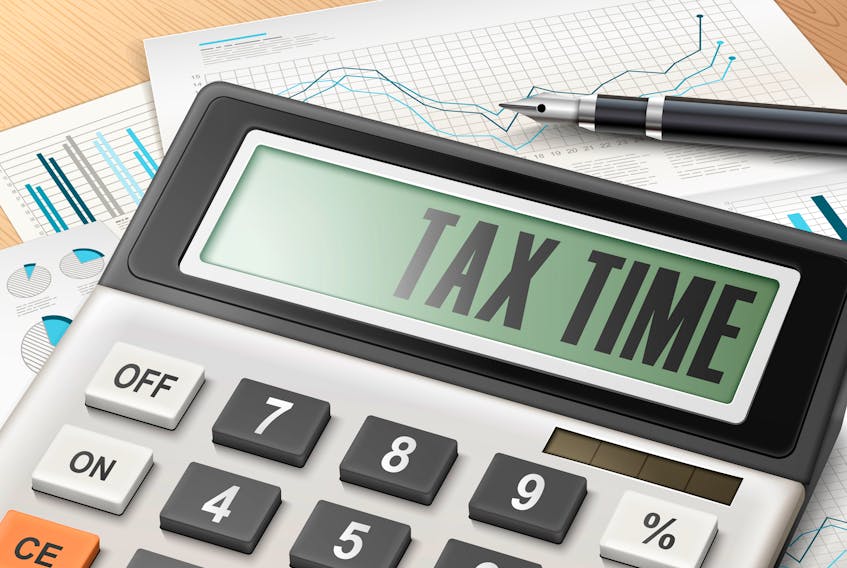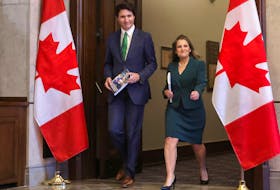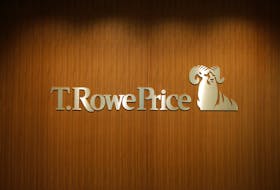Employees are extremely limited in their ability to deduct expenses against their income, needing their employer to certify, in writing, that the employee was required to pay such expenses and was not otherwise reimbursed for them. Contrast that to those who are self-employed and can write off myriad expenses, including those related to the business use of a work space in their home.
It’s no wonder, then, that we often hear of employees, gainfully employed full-time at respectable businesses or institutions, who set up a “side-business” as a way to justify writing off otherwise non-deductible personal expenses, such as cellphone bills, high-speed home Internet and a portion of their household utilities. These businesses often fail to ever show a true profit and, more often than not, result in losses, as the individual invariably writes off their “business” expenses against minimal self-employment revenue, resulting in a “loss” from self-employment, which is then deducted against their full-time employment income.
At least, that’s what’s supposed to happen — until you get caught. Take, for example, the Federal Court of Appeal decision released earlier this week involving a Quebec lawyer who ran her own full-time law practice before moving to Ottawa in the fall of 2000, to take a full-time job with the federal government. After the move, the taxpayer maintained her private law practice, albeit on a much-reduced, part-time basis.
The taxpayer’s private practice is varied and consists of family, civil, administrative, criminal and municipal law. She does consultations, gives legal advice and participates in negotiations. She also handles cases before the Régie du logement, Quebec’s specialized administrative tribunal that deals with rental housing disputes, which is convenient since its hearings are held in the evening and don’t interfere with her daytime job.
Her hours are quite variable, but on average, they vary from five to 10 hours each week. The taxpayer testified that in her private practice, she made sure that the jobs she accepted would not take more time than she had available, given that she practiced part time and had a full-time government job.
During the years 2011, 2012, 2013 and 2014, the years under review, the taxpayer reported significant business expenses against minimal professional income and proceeded to deduct these losses against her other income. For example, in 2011, she claimed a $12,613 business loss on gross legal billings of only $2,500 and in 2012, her business loss was $15,680 from gross billings of $850. The losses were denied by the Canada Revenue Agency, which is why the taxpayer first found herself in Tax Court back in 2017.
The lower court reviewed her full history of reported income (loss) from self-employment and found that from 2001 to 2014, only losses were ever reported, ranging from $1,956 in 2003 to the $15,680 in 2012, while the gross income reported throughout that period was quite low. During that period, the maximum gross income reported was $3,850 and, in fact, no income was reported for three years: 2005, 2009 and 2010.
The taxpayer was rather vague when asked how many clients or cases she had, but she testified that she handled about five to 10 different legal matters each month. When deciding what she will charge when she takes a case, she takes the person’s income into account and adjusts her rates accordingly.
The issue before the courts was whether her part-time private practice of law was a source of income. If there’s no source of income, then any generated losses are not deductible. To answer this question, both the lower Tax Court and the Federal Court of Appeal turned to the seminal Supreme Court of Canada 2002 ruling, which established a test to determine whether or not a taxpayer has a “source of income.” The highest court said that the starting point is to ascertain whether the taxpayer’s activity is undertaken in “pursuit of profit” or is personal. Where there is a personal element, the activity must have a sufficient degree of “commerciality” to be considered a source of income.
Put another way, the taxpayer must establish that their predominant intention is to make a profit from their business activity and that the activity “has been carried out in accordance with objective standards of businesslike behaviour.”
The taxpayer tried to argue that “law practices are clearly commercial and can never be questioned.” The lower court judge stated that while law practices, like restaurants, are “normally” operated in pursuit of profit, “normally does not mean never.”
The Tax Court judge said that in this case, “we are in a rather exceptional situation.” He felt that the taxpayer’s private practice was “quite simply not undertaken in pursuit of profit,” primarily due to a lack of gross revenues.
The taxpayer testified that she works five to 10 hours a week on average in her private practice throughout the year. Assuming that she, indeed, worked at most 10 hours per week for 50 weeks per year, that means at most she worked 500 hours a year.
In the four years being reassessed, the taxpayer reported gross incomes of $2,500, $850, $850, and $3,850 in 2011, 2012, 2013 and 2014, respectively. Mathematically this equals gross income of $5 per hour in 2011, $1.70 per hour worked in 2012 and 2013, and $7.70 per hour for each hour worked in 2014. As the judge wryly observed, “That is not even minimum wage. Even with the best management in the world, it is impossible to generate net earnings in a law practice with this level of income.”
The judge also noted that in 2009 and 2010 no income was reported, which “is not at all like a law practice as normally understood, even in the widest sense. With such a level of income, this cannot be undertaken in pursuit of profit.”
The taxpayer objected, testifying that “she does no volunteer or pro bono work, as she charges all her clients something, though occasionally some do not pay, but she does not take them on as clients again.” While the judge said that this may not be, strictly speaking, volunteering, “it is very close to it.”
In summary, the Tax Court judge, while lauding the taxpayer’s goal of helping people with modest incomes with their legal challenges, going so far to calling it “commendable, very, very commendable,” found that the practice was simply not commercial and therefore was not a source of income. Without such a source, her losses were found not to be tax deductible.
This decision was affirmed this week by the Federal Court of Appeal, which found that the Tax Court judge “correctly interpreted the principles enunciated by the Supreme Court” in determining whether the taxpayer’s activities were of a sufficiently commercial nature.
Jamie Golombek, CPA, CA, CFP, CLU, TEP is the Managing Director, Tax & Estate Planning with CIBC Financial Planning & Advice in Toronto.
Copyright Postmedia Network Inc., 2019









